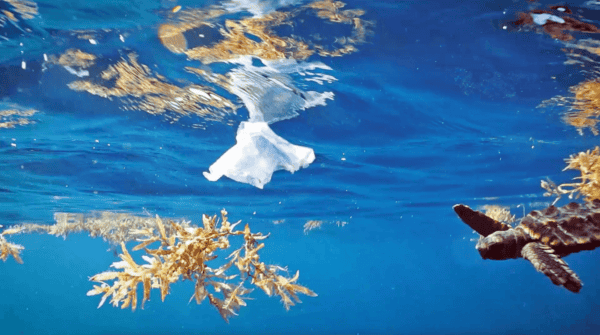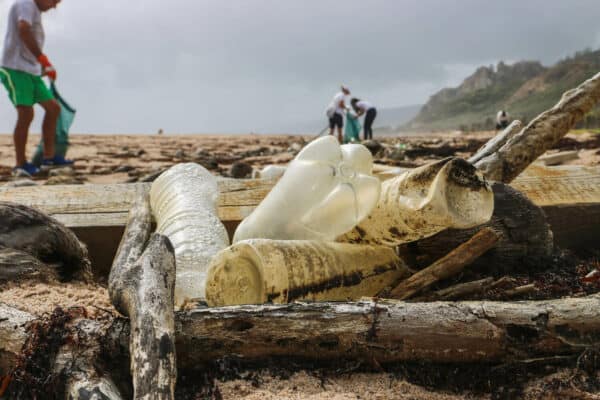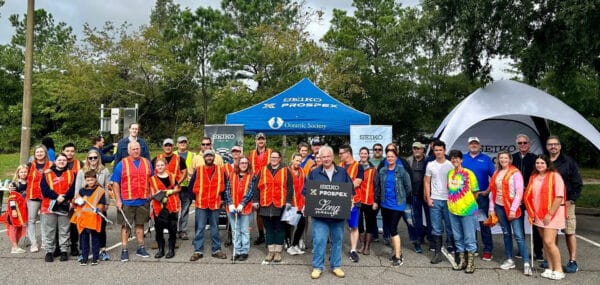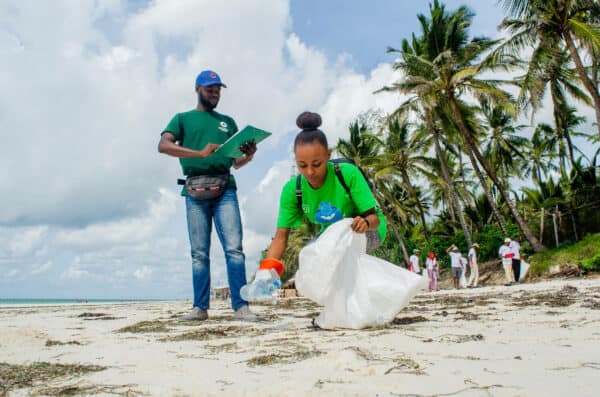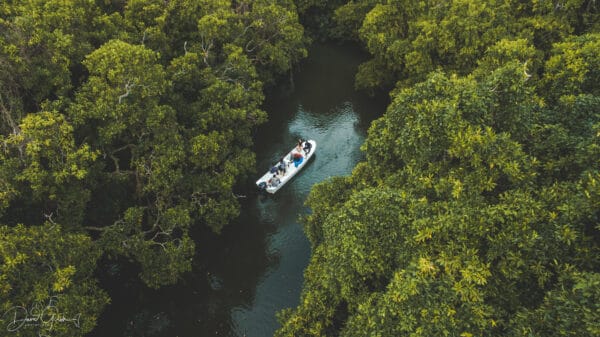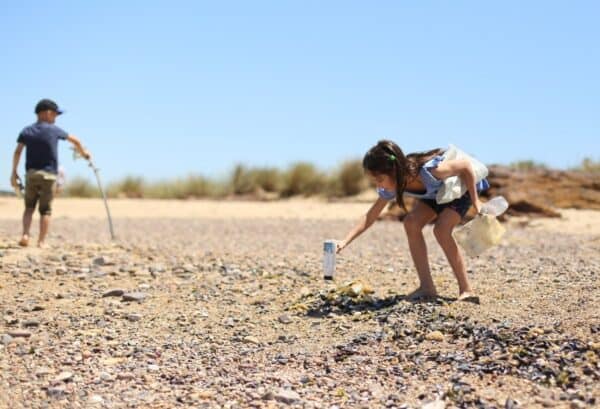We’re working to reduce ocean plastic pollution in our homes and communities worldwide.
Plastic pollution is one of the greatest threats to ocean health worldwide. With skyrocketing plastic production, ineffective recycling, and poor waste management, between 4 and 12 million metric tons of plastic enter the ocean each year—enough to cover every foot of coastline on the planet! And that amount is projected to triple by 2040.
In the ocean, plastic pollution impacts sea turtles, whales, seabirds, fish, coral reefs, and countless other marine species and habitats. In fact, scientists estimate that more than half of the world’s sea turtles and nearly every seabird on Earth have eaten plastic in their lifetimes. Plastic pollution also mars otherwise beautiful beaches, coastlines, and snorkel and dive sites worldwide, even in remote areas such as Midway Atoll.
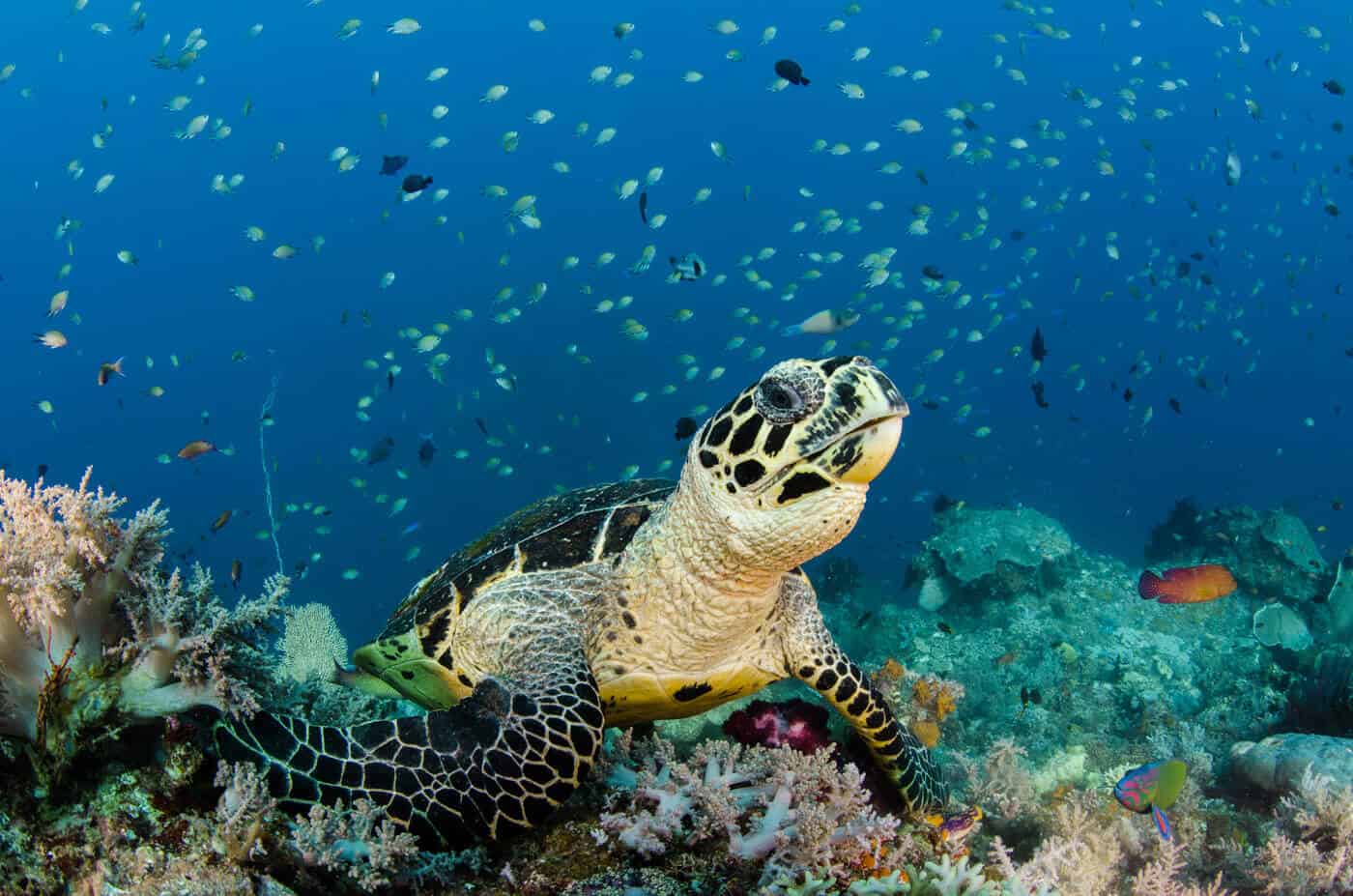
Oceanic Society is Fighting Ocean Plastic Pollution
Oceanic Society believes that everyone has a role to play in solving the ocean plastic pollution crisis. We work to engage people worldwide in taking concrete steps to reduce ocean plastic pollution, with a focus in the following areas:
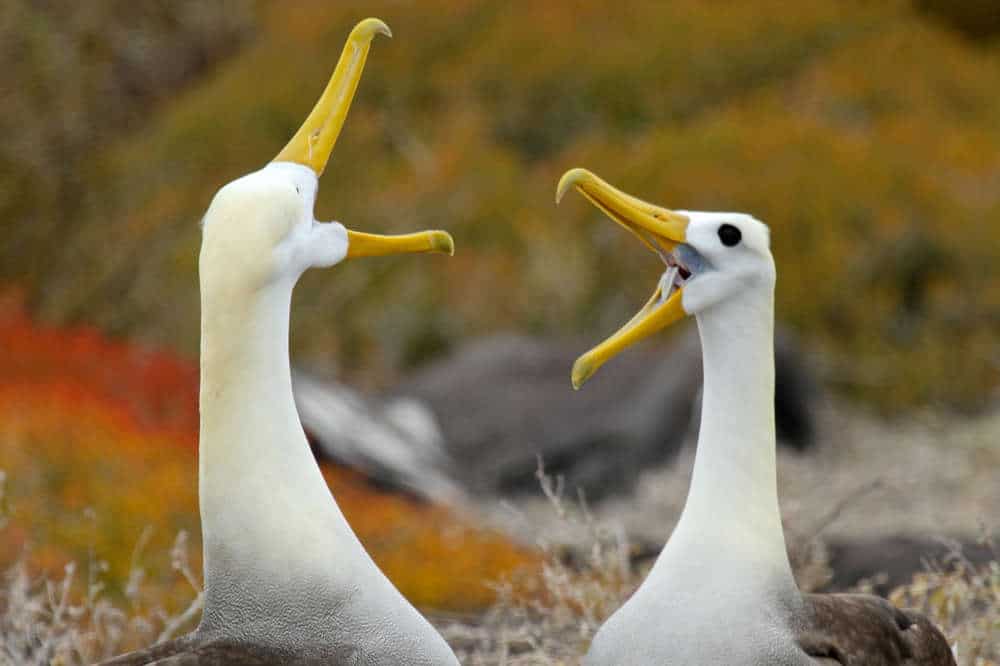
You Can Help Fight
Ocean Plastic Pollution
Everyone can do something to fight ocean plastic pollution, and millions of people worldwide are already taking action to reduce their plastic use. Get started with these 7 Solutions to Ocean Plastic Pollution or take our 7-Day Fight Plastic Pollution Challenge for more ideas, inspiration, and support!
Read More About Plastic Pollution
Help Fight Ocean Plastic Pollution
With your donation to Oceanic Society, you provide needed support to our programs to fight ocean plastic pollution by engaging U.S. consumers, leveraging the nature tourism industry, and supporting coastal communities.

